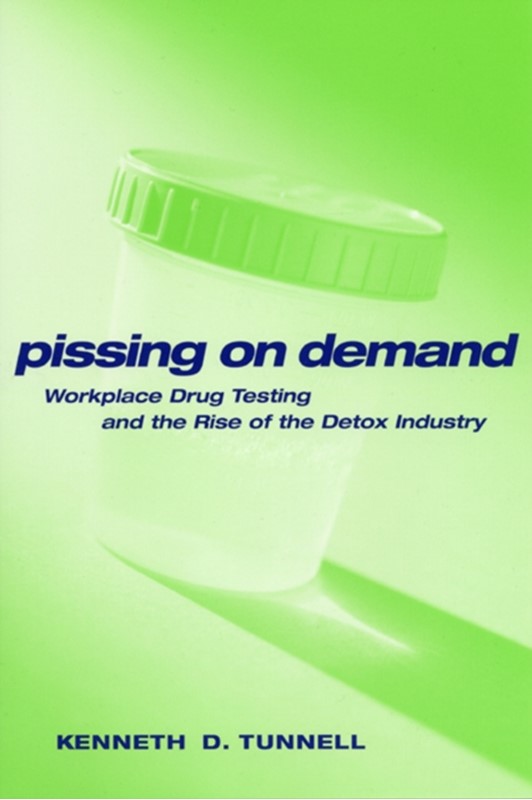Biocitizenship - - Bog - New York University Press - Plusbog.dk
A groundbreaking exploration of biocitizenship Citizenship has a long, complex relationship with the body. In recent years, developments in biomedicine and biotechnology, as well as a number of political initiatives, grassroots efforts, and public policies have given rise to new ways in which bodies shape the idea and practices of citizenship, or what has been called “biocitizenship.” This book, the first collection of essays on the topic of biocitizenship, aims to examine biocitizenship as a mode of political action and expand readers’ understanding of biopolitics. Organized into four distinct sections covering topics including AIDS, drug testing on the mentally ill, and force-feeding prisoners, Biocitizenship delves deep into the relationship between private and public identity, politics, and power. Composed of pieces by leading scholars from a wide variety of disciplines, Biocitizenship offers a clear and comprehensive discussion on biocitizenship, biopolitics, and groups that may be affected by this ever-growing dialogue. Authors address issues familiar to biopolitics scholarship such as gender, sexuality, class, race, and immigration, but also consider unique objects of study, such as incubators, dead bodies, and corporations. Biocitizenship seeks to question who may count as a biological citizen and for what reasons, an essential topic in an age in which the body and its health provide the conditions necessary for political recognition and agency.

















































